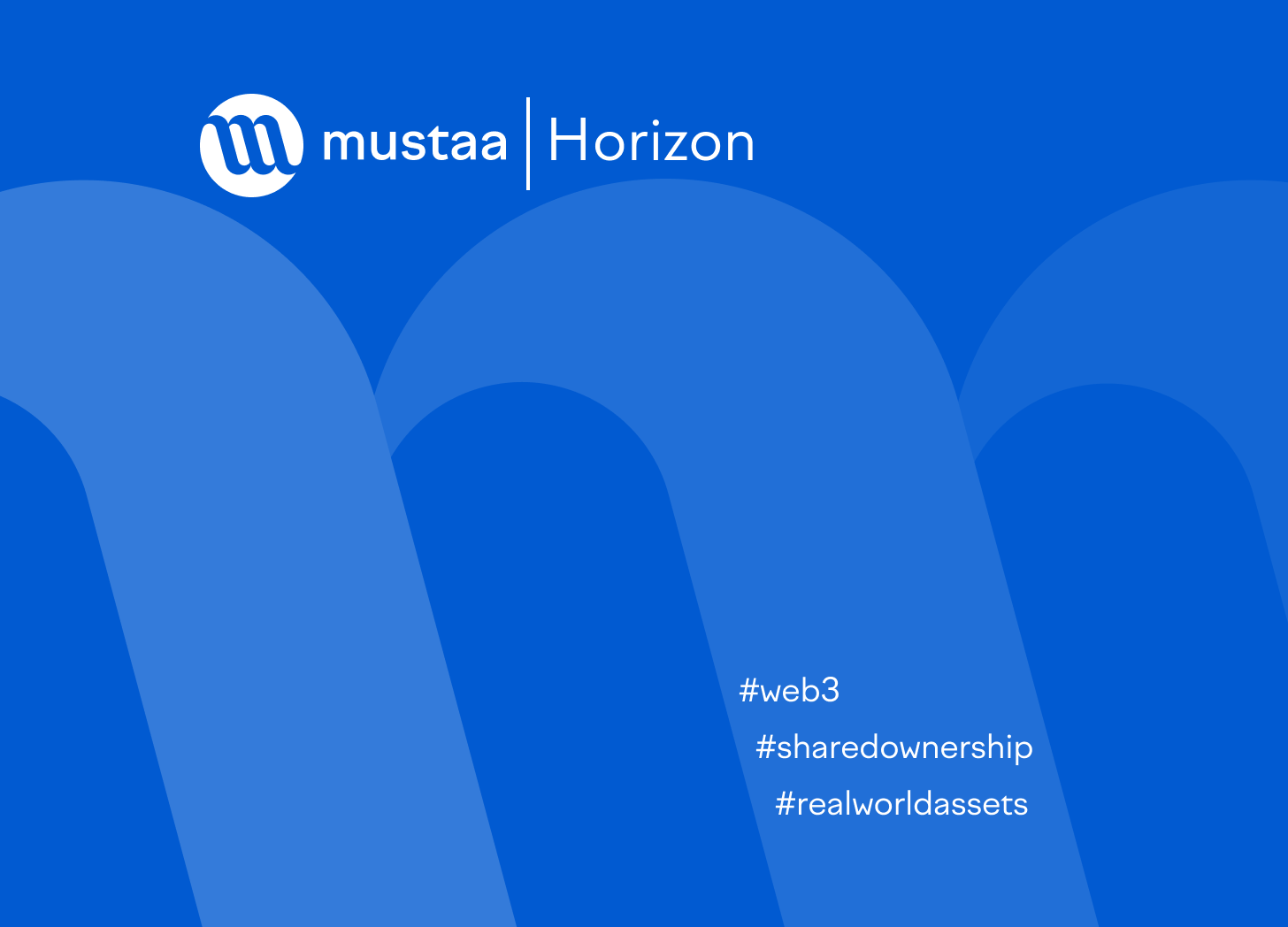Part 1: From Handshakes to Hashrates
Series - Are Algorithms The New Brokers?
For years, the yacht broker was the heartbeat of the industry.
Not just a salesperson, but an advisor. A concierge. A confidante. When clients wanted to charter a boat for the summer, they didn’t browse listings or run price comparisons. They called someone they trusted.
A good broker knew more than availability or rates.
They knew which crews had great chemistry with families. Which boats had just come out of a refit. Which captains could read the room without saying a word. Their knowledge wasn’t just detailed. It was relational.
But something’s changing.
Clients are asking different questions.
Some arrive already knowing which weeks are booked. Others want options across fleets or regions before a conversation even begins. A younger generation—those raised on Airbnb and Uber—are more interested in clarity than charm. They expect systems, not surprises.
The broker’s role isn’t fading.
It’s evolving.
Booking has always been about access
Chartering a yacht has never been just about finding a boat. It’s about navigating access.
Brokers earned their commission by knowing what others didn’t.
Which weeks were quietly reserved. Whether an owner would entertain a specific offer. How to handle gratuity, insurance, or a tricky crew swap.
That information wasn’t public.
It lived in conversations, text chains, Google Sheets, and private folders.
The broker made it navigable. That was the magic.
So what happens when the calendar is public?
Picture this:
Instead of chasing down schedules, you see token-based availability in real time.
Instead of vague price ranges, you see costs adjusting transparently based on demand.
Instead of passing contracts back and forth, you confirm with a single click using a smart contract that handles payment and verification at once.
That’s not a dream. That’s Mustaa’s system.
We’ve designed it so owners and guests don’t have to guess.
Booking access is governed by a digital token. Pricing adapts based on actual interest, not just a gut feeling. All activity is tracked, settled, and stored immutably.
It’s less about removing people. It’s about removing friction.
And let’s be honest—no one wants to be screenshotting Google Calendars and WhatsApp threads with “Captain Mike ⛵️🔥” at midnight just to figure out if week 31 is actually available.
This doesn’t mean the broker disappears
If anything, the broker becomes more valuable—but in a different way.
They’re no longer the sole gatekeepers of calendars and contacts.
They become experience architects.
Think of the family planning a Mediterranean summer with three generations on board. Or a founder organizing a hybrid work-retreat-meets-adventure week. These aren’t bookings. They’re productions. And production takes insight, taste, and the kind of storytelling no interface can replace.
The right broker becomes the client’s partner.
They help shape a trip that’s not only seamless, but unforgettable.
The smart broker learns the system
The most forward-thinking professionals aren’t ignoring booking engines. They’re learning how to use them.
They’re tracking token patterns.
Advising clients on when to reserve certain weeks.
Using analytics to build better itineraries.
They’re not competing with the tech.
They’re building on top of it.
Looking ahead
We’re not replacing brokers with code.
We’re giving them better tools.
The role of the broker is shifting from gatekeeper to guide. From booking agent to strategist.
In Part 2, we’ll take you inside the system—how Mustaa’s pricing engine works, how it adjusts to real-world pressure, and why tokenized access is more than a digital upgrade. It’s a different way of thinking about time on the water.
⚓️ Want to come aboard?
🧭 Join the Early Explorer List – Priority access to upcoming tokenized voyages
⚙️ Learn How Blockchain is Reframing Yacht Ownership – Get a peek inside Mustaa's protocol


